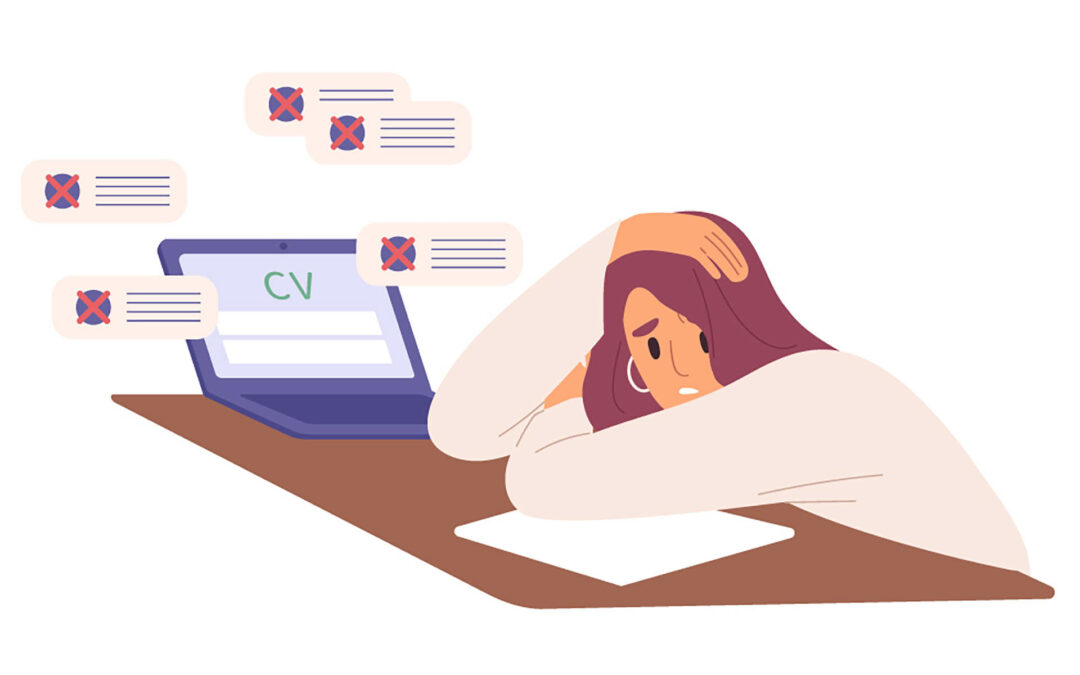The Covid-19 pandemic has triggered a phenomenon known as shecession – namely, a recession that mainly involves women.
Indeed, one year after the first Covid cases in Europe, it is clear that women have been the hardest hit by the pandemic and by the ensuing economic crisis. It pretty much seems that the progress made over the past years in the path toward gender equality has been totally wiped out, as United Nations Secretary-General, Mr Antonio Guterrres pointed out whilst commenting the results in his UN policy brief: “with the spread of the Covid-19 pandemic, even the limited gains made in the past decades on gender equality and women’s rights are at risk of being rolled back”.
Mr Guterres was not the only one that highlighted how serious this shecession is: a study conducted by Vox.eu, which compares unemployment rates for men and women in all US recessions starting from 1949, reveals that the ongoing recession is the first one in which the unemployment rate for women is increasing more than that of men. Why? The International Labour Organisation (ILO) has identified three causes.
Firstly, women are exposed to greater risks because the lockdown has mainly affected the tertiary sector, which is marked by a strong female presence. This has made women more likely to be laid off or to have their salaries cut.
Secondly, women are more exposed to the virus, since a large portion of healthcare jobs and of so-called essential jobs are performed by women. According to the United Nations Development Program (UNDP), 70% of workers in the social sector and in healthcare are women. The European Institute for Gender Equality (EIGE) confirmed it too: in Europe, women account for 76% of workers in healthcare.
Finally, still because of the lockdown, women are performing more unpaid jobs, such as remote learning or caregiving (for elderly and/or sick people). This excess burden is unsustainable and – as the UNDP pointed out – will probably outlast the pandemic.
Three factors that deeply impact the life of women and their role in the economy. The risk is greater than just job losses in the short run: it may actually take years to recreate the jobs lost by women during the pandemic. That’s another source of concern for Mr Guterres: “progress lost takes years to regain. I urge governments to put women and girls at the centre of their efforts to recover from Covid-19”.

Recent Comments